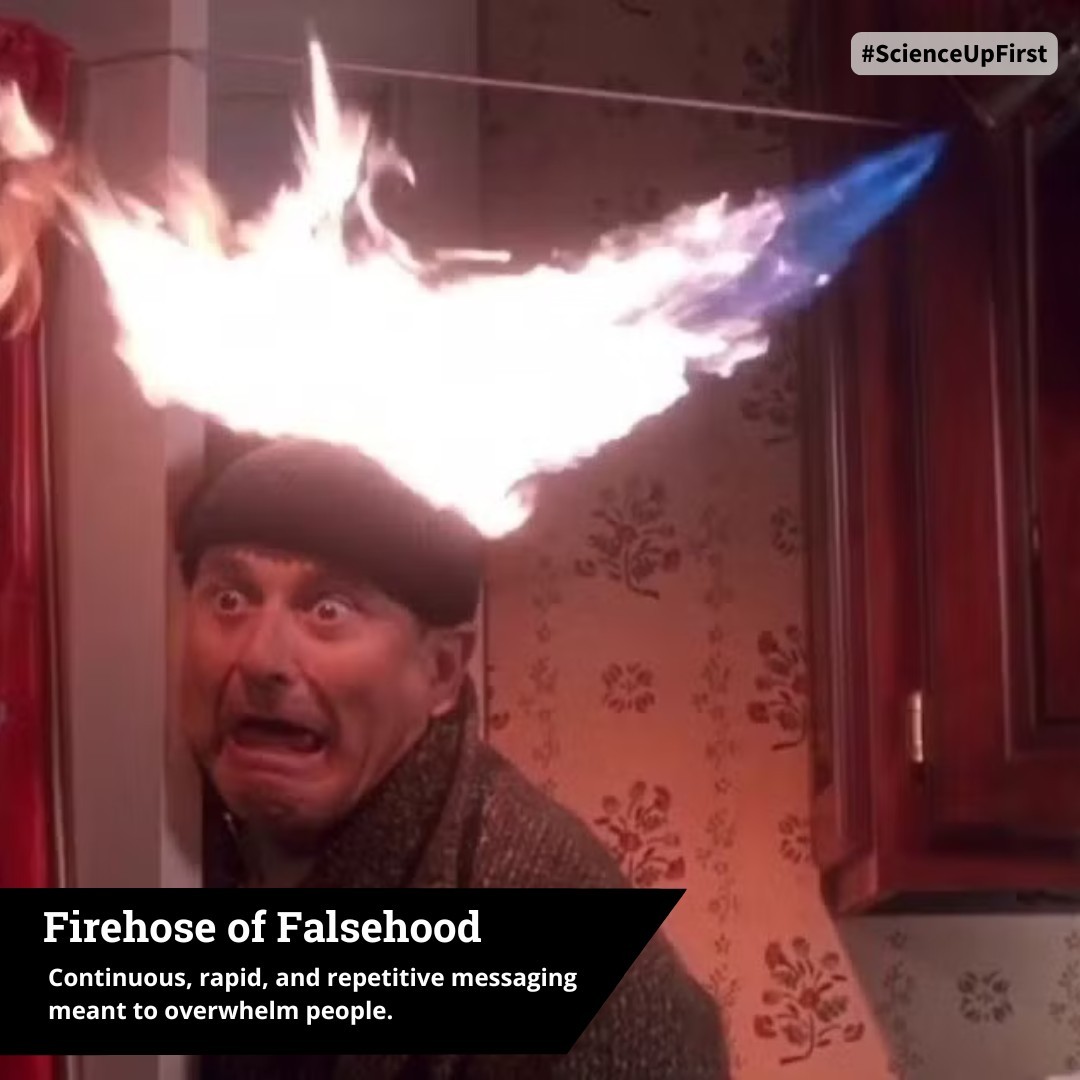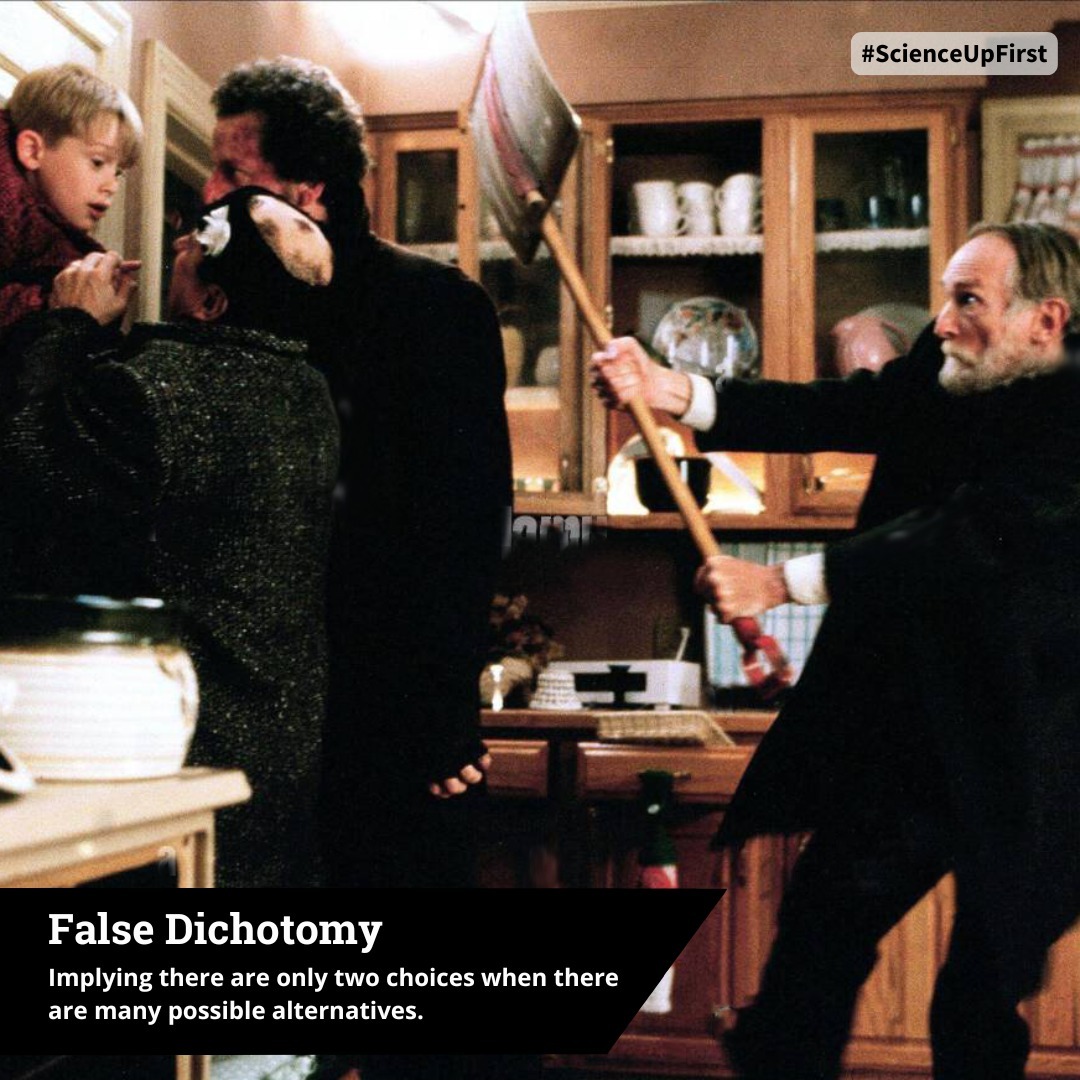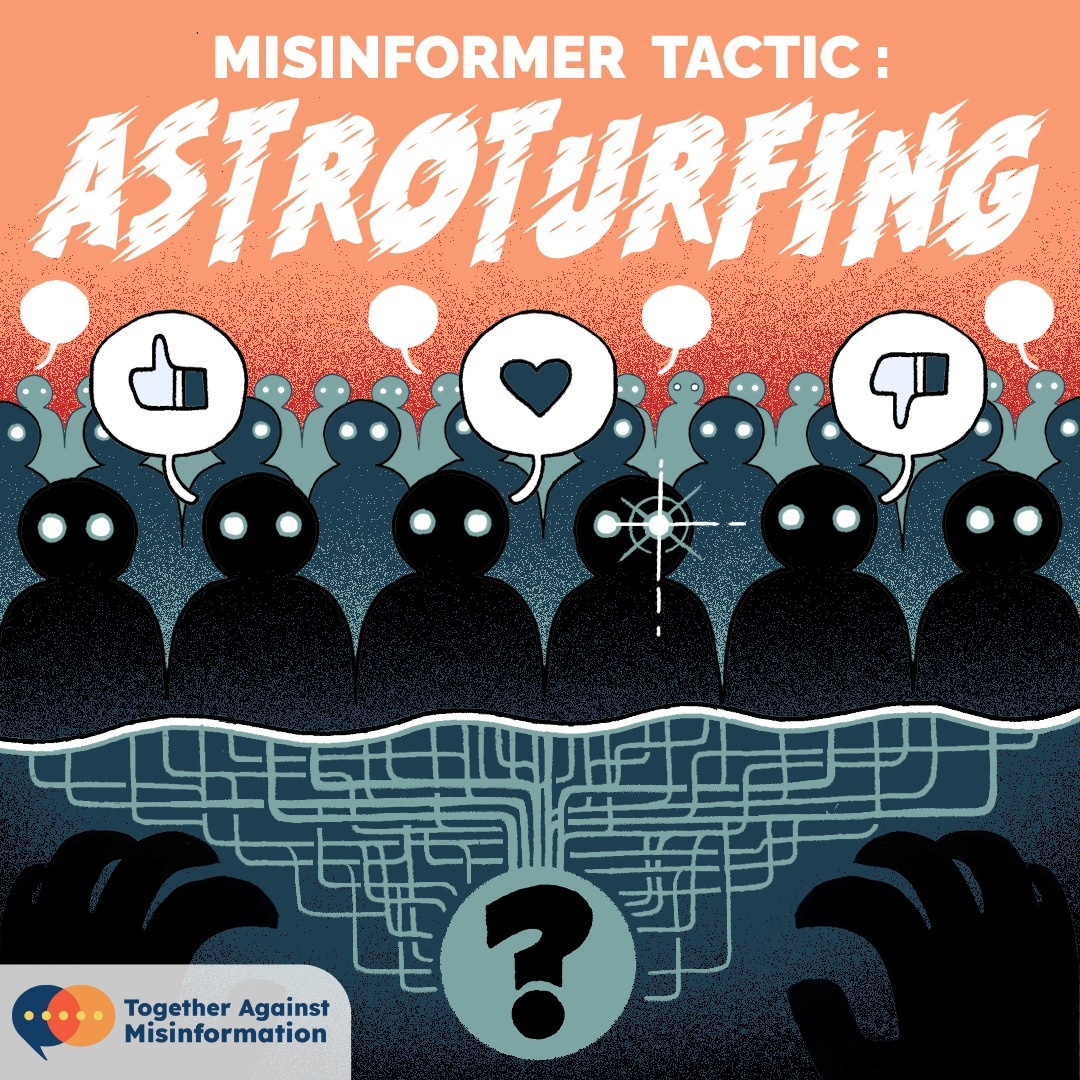This research uses focus groups from non-profit organizations to examine misinformation types, impacts, and intervention strategies in Asian American Pacific Islander (AAPI), Black, Latino, and Indigenous communities. It illustrates how educational strategies can be more effective by incorporating diverse media environments and by understanding and acknowledging the roots of mistrust in institutions and organizations.
Category: Misinformation 101
-
Politically biased moderation drives echo chamber formation: An analysis of user-driven content removals on Reddit
Discussion moderators on Reddit show political bias in content removal. This finding shows that in addition to platform creators and algorithms, content moderators can play a role in the creation and maintenance of social media echo chambers.
-
Softly empowering a prosocial expert in the family: lasting effects of a counter-misinformation intervention in an informational autocracy
Prosocial-focused interventions – which highlight the social implications of individual actions on families and communities – showed greater discernment in misinformation detection.
-
Quantifying the impact of misinformation and vaccine-skeptical content on Facebook
Mainstream media a more significant driver of vaccine hesitancy than blatantly false sources due to considerably higher viewership of mainstream media articles that raise doubts of vaccine safety and efficacy.
-
Social media networks, fake news, and polarization
Bots impact information networks, increasing inaccurate news and driving polarization.
-
Supersharers of fake news on Twitter
Misinformation on X is spread by a small and easily-discernable number of accounts with large followings, thus adding to the body of evidence on misinformation “supersharers.”
-
The generality of belief in unsubstantiated claims
Those believing in conspiracy theories had greater inclination towards supporting superstitions, pseudoscience, and paranormal beliefs.
-
The Politicization of Climate Science: Media Consumption, Perceptions of Science and Scientists, and Support for Policy
Perceptions of climate change marked by political leaning. Consumers of media outlets from the political right demonstrate the least amount of belief in anthropogenic climate change and lowest levels of support for “climate-friendly” policy.
-
Self-certification: A novel method for increasing sharing discernment on social media
An intervention that requires users to verify belief in a new post’s truthfulness demonstrates a reduction in spreading false information.
-
Corrective or Backfire: Characterizing and Predicting User Response to Social Correction
Encouraging the disbelief in inaccurate information can be aided with politeness, a positive attitude, and ample evidence.











